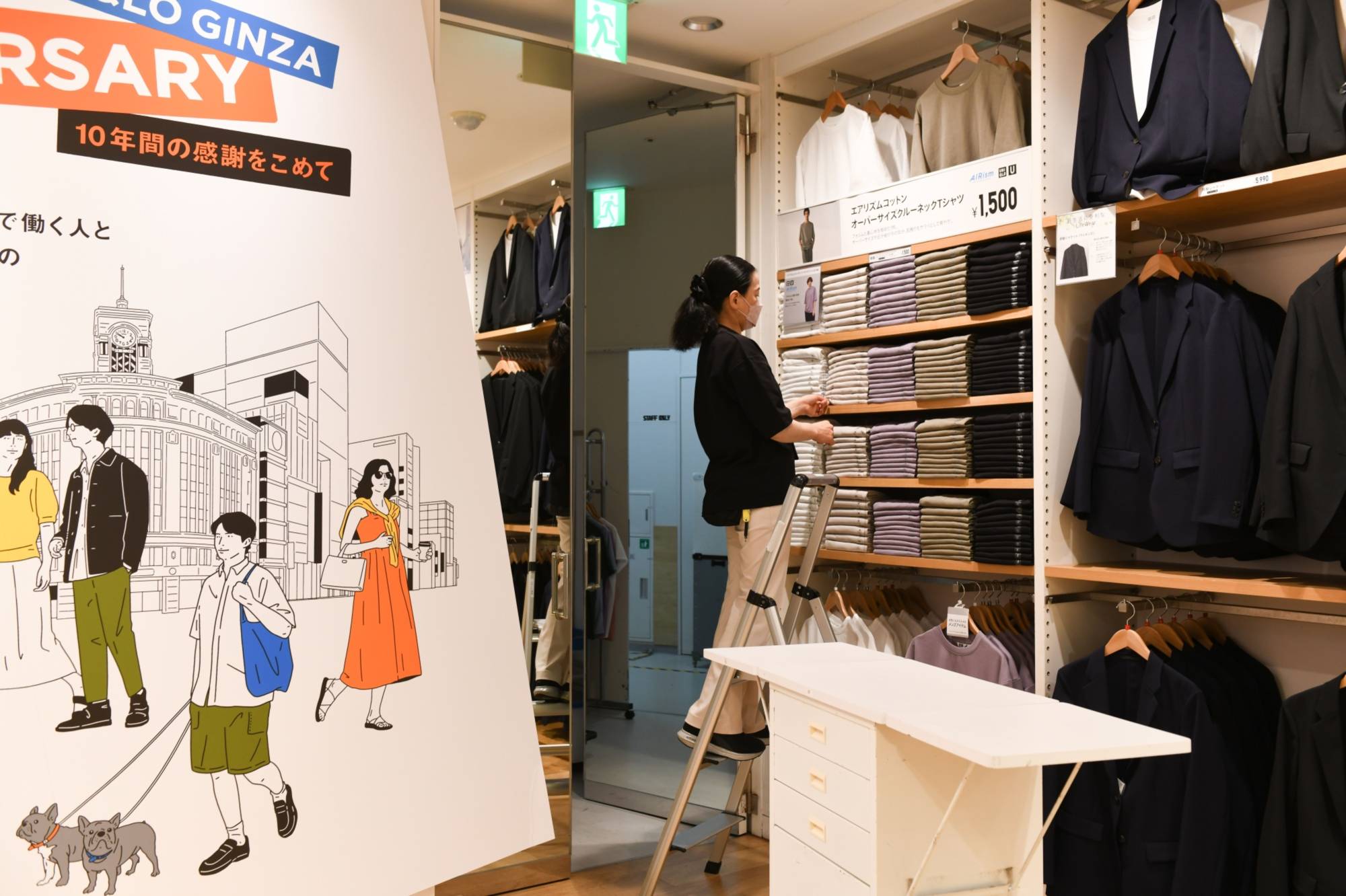Uniqlo owner Fast Retailing will raise annual pay for full-time employees in Japan by as much as 40%, seeking to retain and motivate staff as the nation faces the fastest pace of inflation in decades.
The plan includes workers at headquarters as well as in stores, the retailer said in a statement Wednesday. The wage hikes will impact new hires, store managers and a broader swath of employees, the company said.
Asia’s largest retailer and purveyor of fast-fashion apparel joins other domestic businesses such as Nippon Life Insurance and Suntory Holdings that are raising wages as consumer prices in Tokyo outpaced forecasts to hit 4% for the first time since 1982. The average wage in Japan is the lowest level of the Group of Seven nations, and the world’s third-largest economy has stagnated for decades.


















With your current subscription plan you can comment on stories. However, before writing your first comment, please create a display name in the Profile section of your subscriber account page.